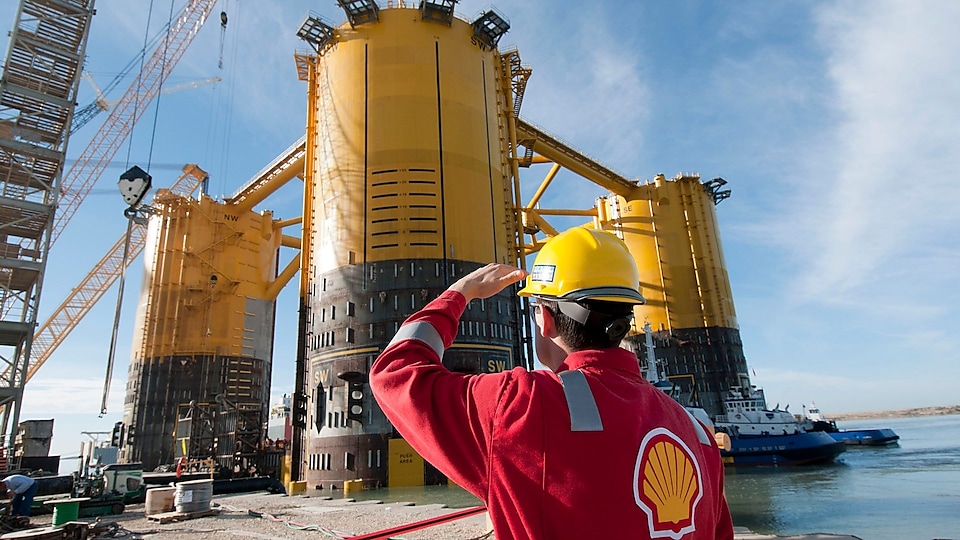History of Shell in Indonesia
The origins of the oil industry in Indonesia and those of what became the Royal Dutch/Shell Group are closely connected. Shell's historical links with Indonesia are strong. The discovery of commercial quantities of crude oil in Sumatra just over 100 years ago led directly to the formation of Royal-Dutch Petroleum.
The Beginning
Aeilko Jans Zijklert, a 20-yer-old tobacco planter in East Java, moved to Sumatra's East Coast in 1880 as soon as government declared this area open for plantations . During his travels around the island, he had come across traces of oil which on analysis proved to contain about 62 per cent paraffin (sometimes called kerosene).
Delighted with his discovery, he resigned his position, acquired a licence from the local ruler, the Sultan of Langkat, and by 1884 had raised sufficient money to drill his first well. It was dry. In the following year, he tried again at Telaga Said near the village of Pangkalan Brandan in North Sumatra.
This time he was sucessful. He struck oil and his new well, known as Telaga Tunggal No 1, began to produce in commercial quantities. this well is called Telaga Tunggal No. 1, located in the Telaga Said concession area.
By 1890, Zijlker felt confident enough to convert his "Provisional Sumatra Petroleum Company" into something more substantial, and on June 16 the company charter of the "Royal Dutch Company for the Working of Petroleum Wells in the Dutch Indies" was executed in The Hague.
When Zijklert died in December 27, 1890, his colleague De Gelder tackled the job of finding new oil fields and developing the company. The company's administrative's base was established at Pangkalan Brandan. Work began on building facilities nearby Pangkalan Susu to handle ocean shipments.
By 1898, Royal Dutch has completed construction of the storage and harbour facilities that were to make Pangkalan Susu Indonesia's first oil shipping port. Meanwhile in Kalimantan in 1897 Shell Transport and Trading Company Ltd. discovered oil in Eastern Borneo (East Kalimantan) and in the same year it set up a small refinery at Balikpapan, which started in 1899.
Dawn of the 20th Century
By the turn of the century, oil had been discovered in north Sumatra, South Sumatra, Central and Eastern Java and East Kalimantan, and refineries had been established in each area. There were, at that time, 18 companies exploring for, or producing, oil in Indonesia.
In the first years of the century, two of these companies emerged as leaders -- Royal Dutch in production and refining and Shell in transportation and marketing. The Shell company had been founded in 1897 by Marcus Samuel, an Englishman who also traded in shells - hence the name of the company - and spices.
In 1902 Shell and Royal Dutch formed a joint company to handle shipping and marketing for both firms -- The Shell Transport and Royal Dutch Petroleum Co. Ltd. After a few years in which Royal Dutch far better than Shell, Marcus Samuel proposed to De Gelder from Royal Dutch to merge in which each company.
Thus On 24 February 1907, was formed the Royal Dutch/ Shell Group of Companies that was soon known worldwide simply as "Shell". Three years later, in 1910, the Shell group absorbed another producing company in Indonesia and on 24 June 1911 bought out the last independence producer -- The Dordtsche Petroleum Mij.
More in about us
Who we are
Learn about our business and people, and how we grew from a small shop in London nearly 200 years ago.
Our Activities
Shell is a global group of energy and petrochemical companies. We employ approximately 270 employees in Indonesia.

